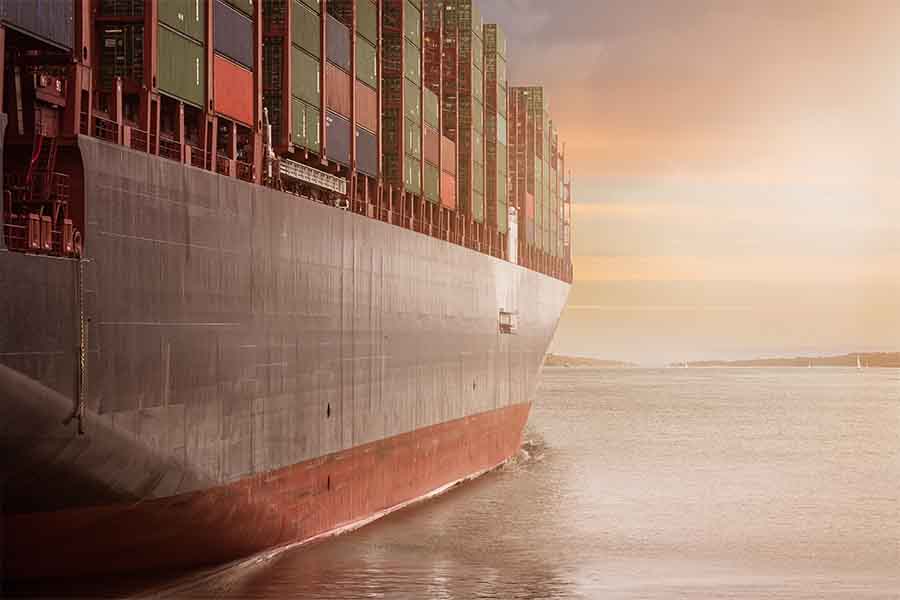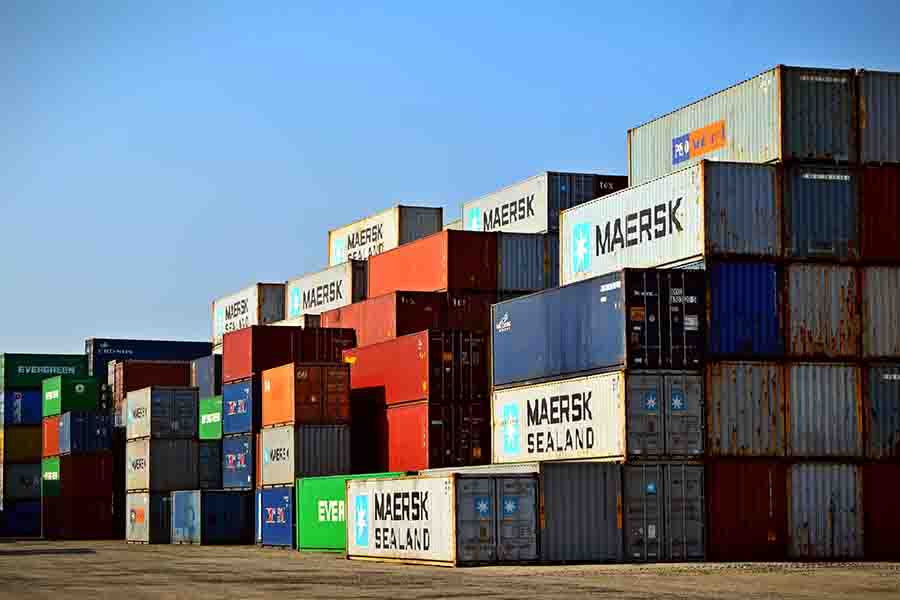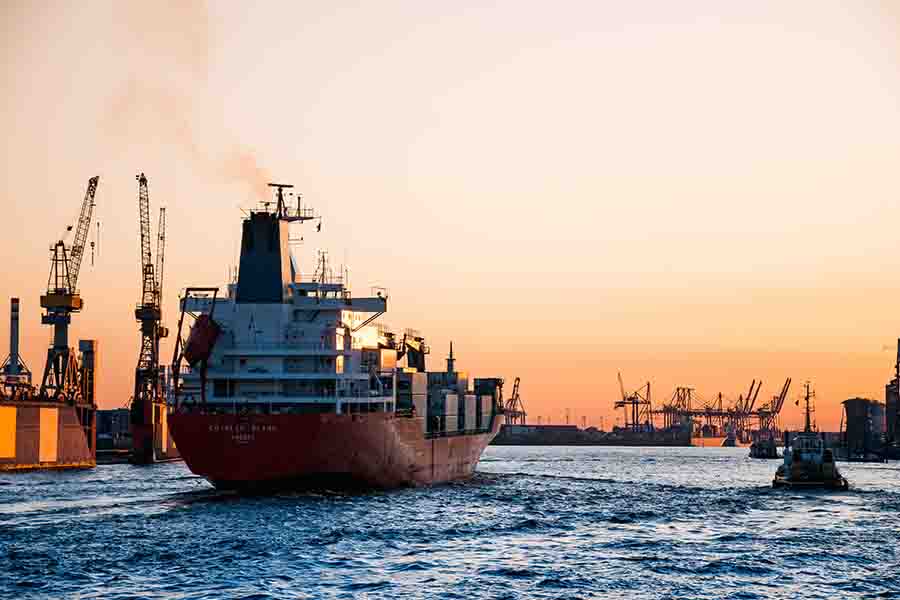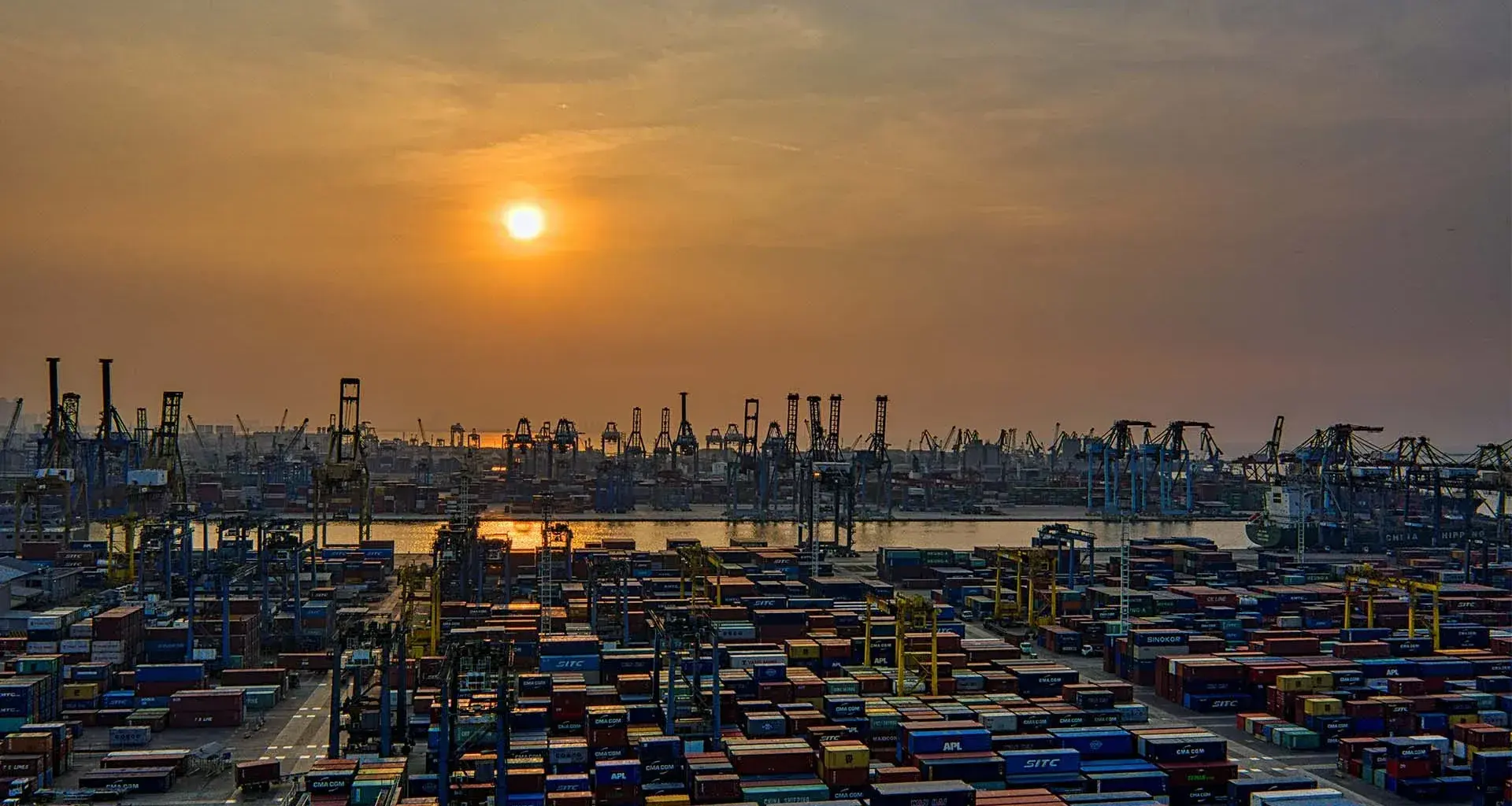Andrew Lee Davis Blake, a professor in the International Business department at the Tec’s Santa Fe campus, talks about the new framework of global trade blocs and their impact.
According to the professor, the world began closing its trade borders a few years ago. Since the global financial crisis of 2008, the phenomenon of “slowdown” has been consolidated.
“Even before the COVID-19 health crisis itself, the global recession was looming again. Several Western governments were pursuing trade policies behind closed doors, retreating from those free trade philosophies acclaimed since the 1980s.
“The ideas of offshoring, extended supply chains, and foreign direct investment in distant places, developed between East and West during the 1990s, were stalling,” he said.

For the specialist, we are still facing the global recession, even depression. However, for him, populist governments do not seem to have such a solid foundation now that the light is beginning to appear at the end of the dark COVID-19 tunnel.
“Donald Trump is leaving the Oval Office in favor of a US Democratic government, the far right is losing its balance in local elections in Brazil, the totalitarian leaders of Central Europe are being undermined, and there is an apparently dwindling left-wing party in Mexico.
“Mexico, the United States, and Canada have finally ratified once again the USMCA (free trade agreement); the UK has finally agreed its own Trade and Cooperation Agreement with the European Union; and now a third of world GDP in East Asia has joined the world’s largest trading bloc, the RCEP,” he commented.
Big commercial blocs
For the internationalist, there seems to be an emerging global pattern: that of large trade blocs rather than far-reaching multilateral projects or regional bilateral agreements.
“The USMCA, the European Union, and the RCEP are charting a new map of economic integration for the post-COVID-19 world. Why might this be important for business and international trade at this particular time?” he asked.
For him, first of all, regional companies demand simplified operating rules. The clear empirical rule dictates that the dominant risk of pandemics, natural disasters, and economic recessions has resulted in the shortening of supply chains.
“If governments cannot adapt by standardizing rules of origin, documentation, non-tariff rules, and other similar regulations, then there will be an incentive to invest in more business-friendly environments.
“RCEP is an excellent example of a new agreement designed to simplify these standards; the recently negotiated post-Brexit FTA is a specific case of a review whose purpose is to break with that synergy. It will be interesting to see how companies react in both cases,” he said.

Second, he stated that multilateral agreements of global scope in these times of need and abundant diplomatic conflicts have become unrealistic.
For example, it is easier for China to sign a more regional agreement for the first time with South Korea and Japan, even New Zealand and Australia, than to adapt to international trade requirements.
“China is also signing an agreement that diverts attention (for now) from its beloved ‘Belt & Road’ project that links its economy to the West. It is recognized in RCEP that Chinese companies can focus on being purely Oriental.
“Also, in stark contrast to the Comprehensive and Progressive Trans-Pacific Partnership (CPTPP), China is present and the United States is absent,” he said.
Bilateral agreements
Thirdly, he points out that the increasing complexity of agreements is causing governments to renew or merge previously negotiated bilateral agreements into larger regional blocs to accommodate foreign direct investment and supply chain activity.
For the professor, the recently agreed RCEP is a good example of integrating a series of regional FTAs to simplify a process. Perhaps in itself, it is not a free trade agreement in the strictest sense of the term since it is not about of a reduction in tariffs.
“Most of the tariff reductions have already been achieved thanks to the myriad of bilateral agreements previously ratified between the different member countries.
“The agreement is really a ‘cleaning exercise’; the creation of common rules of origin, for example, allowing companies from all member countries to participate more easily in regional supply chains by complying with the requirements, allowing them to access preferential rates,” he said.

Fourth, the professor explains that it is becoming easier for companies to compete regionally. Multinationals are taking a more regiocentric approach, pooling regional cultures and launching more cautious continental brands, rather than taking a more ambitious global approach.
In addition, he emphasizes that companies increasingly prefer to work with suppliers closer to home. Global negotiating ambitions and economies of scale through far-reaching networks are giving way to closer ties with neighboring countries and cultural affinities.
“It seems logical to facilitate this further by offering free trade schemes, standardized rules of origin and non-tariff standardization as incentives. Of course, this has been a business reality among heavyweights like China, Japan, and South Korea.
“But the signing of RCEP is the first collaborative declaration of its existence by governments. In fact, it is the first time that China has participated so much in regional Asian integration,” he said.
What does the success of these blocs depend on?
Finally, he notes that these three agreements come from very different contexts, despite the common global realities they face in 2021.
“The relative success of these blocs depends, of course, on several factors. The European Union has a long history, it is partly political and includes a supranational monetary union. The USMCA has also been around for decades and is only characterized by free trade and investment.
“The RCEP is not a political or free trade agreement, but a unification of agreements. Their economies are in different stages of economic development and they also specialize in different activities. They seem to have common needs, but they are destined to take different directions,” he concluded.
YOU MAY ALSO WANT TO READ:





